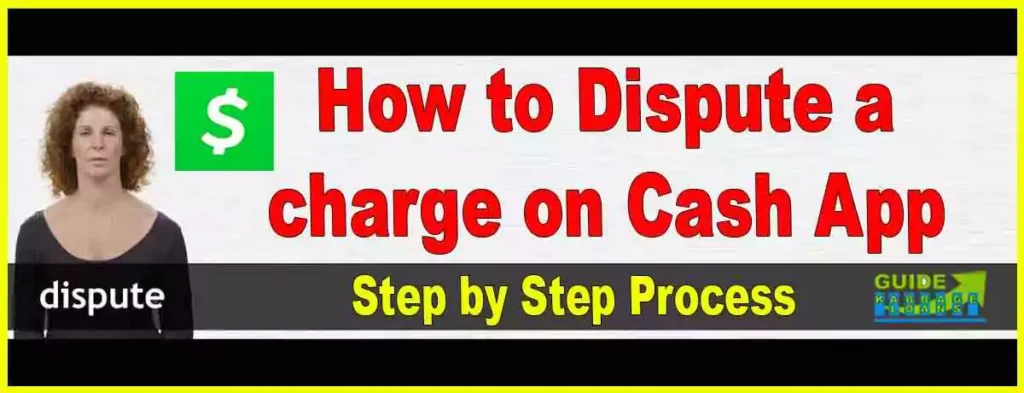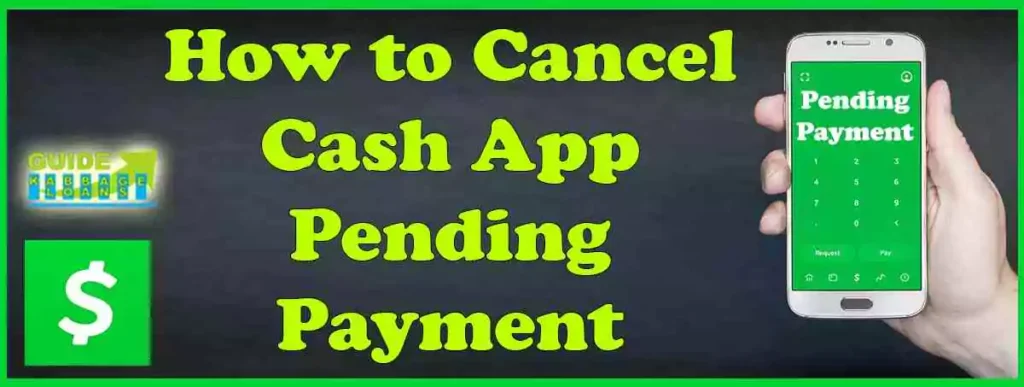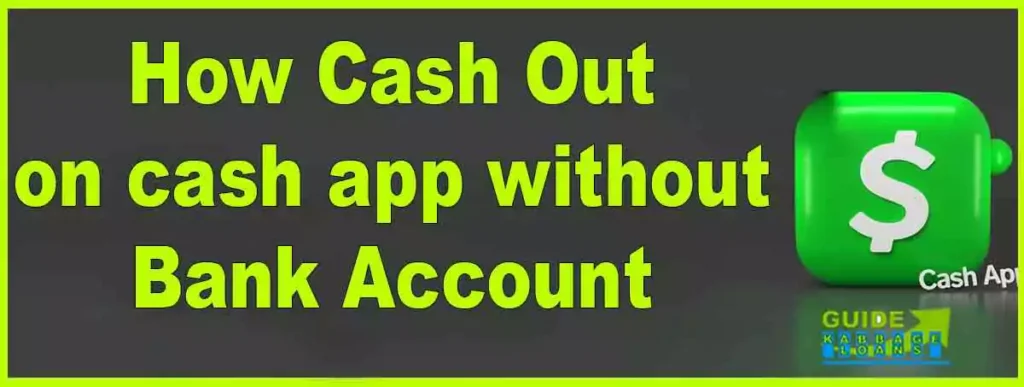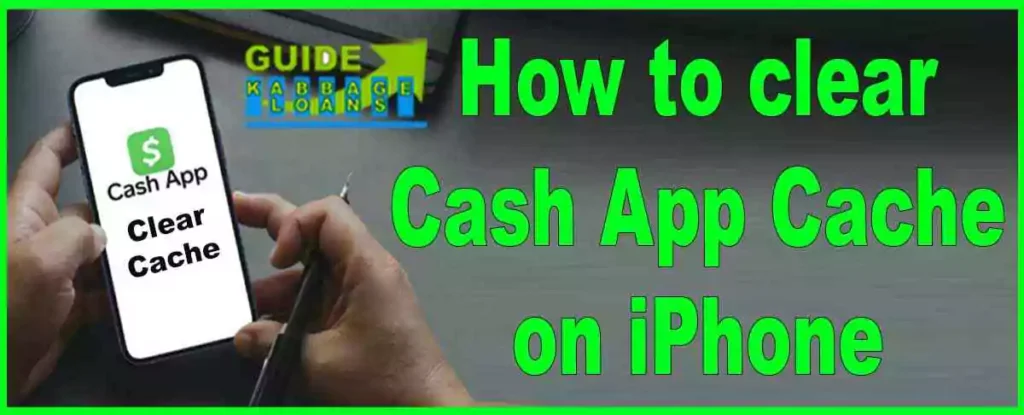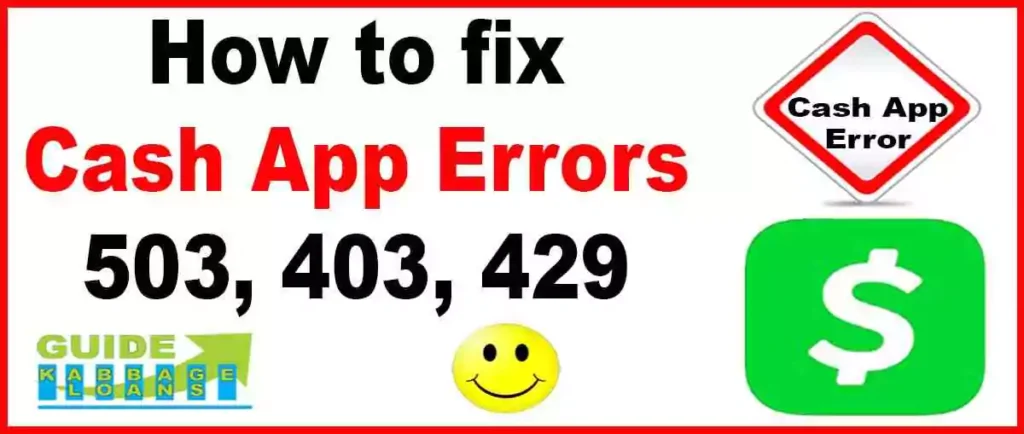In the world of digital transactions, Cash App has emerged as a convenient payment platform. However, users may encounter unexpected charges, leading to the need for dispute resolution. In this comprehensive guide, we’ll delve into various aspects of Cash App charges, explore the reasons behind random charges, and also tell you how to dispute a charge on Cash App.
The popularity of Cash App can be gauged from the way Cash App users are increasing rapidly in the USA. As of Now, almost 26% of the entire population in the United States of America uses Cash App.1
What are Cash App Charges?
Table of Contents
ToggleCash App offers a variety of transaction options with different fee structures. When it comes to sending and receiving money, the good news is that these basic transactions incur no charges. Standard transfers, which typically take one to three business days, also come with no fees attached.
But, for users seeking an instantaneous transfer, there is an option available. Instant transfers, while providing quick transaction completion, come at a cost ranging from 0.50% to 1.75% of the transfer amount. It’s important to note that there is a minimum fee of $0.25 associated with instant transfers.
Random Charges on Cash App:
Encountering an unexpected charge on your Cash Card or facing issues with a transaction you do recognize? Feel free to inform Cash App support, and they will gladly assist you. The most efficient way to address an unfamiliar transaction or a concern with a recognized one is to reach out directly to the merchant involved.
Along with this, if you make a payment to a merchant, and they apply any online payment charges, in such cases, your Cash App might incur some extra fees. Furthermore, there are instances where we might have subscribed to a service, leading to random deductions, and the reasons behind these charges may remain unclear to us.
Why Am I Getting Random Charges on Cash App?
If you’re noticing unexpected charges on your Cash App, it’s essential to understand the various scenarios where fees may apply. Standard transfers to your linked bank account are generally fee-free, but keep in mind that Cash App imposes charges for instant transfers and ATM use with the Cash Card. Additionally, fees may be incurred when buying or selling bitcoin through the app.
Can You Dispute a Charge on Cash App?
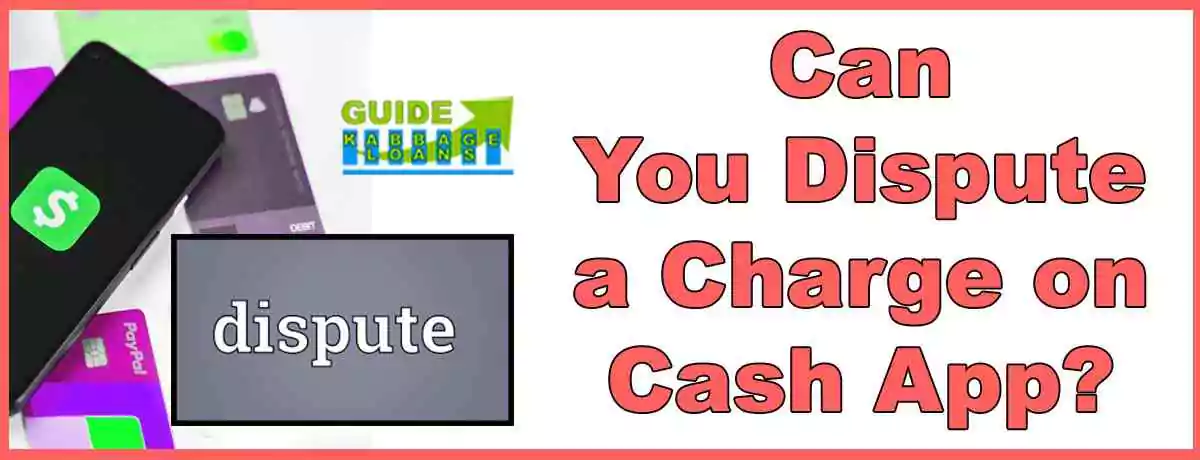
Yes, If you come across a transaction on Cash App that appears to be unauthorized or contains errors, you can dispute it. Keep in mind that the process for filing a dispute may vary based on the nature of the charge. Whether you choose to file a dispute directly through the Cash App or opt for the Cash App card for the dispute process, each method follows a distinct procedure. Currently, we’ve outlined the steps for both scenarios in separate paragraphs below.
How to Dispute a Charge on Cash App: Step-by-Step Guide
If you find yourself in a situation where direct communication with the merchant proves unfruitful in resolving a transaction issue, initiating a dispute might be a viable option. Take these steps to file dispute a charge on Cash App:
Access Your Cash App Activity: Open the Cash App on your mobile device. Navigate to the Activity tab, which displays a comprehensive list of your transactions.
Select the Transaction: Identify the specific transaction that requires dispute resolution. Tap on the transaction to open its details.
Access Additional Options: Look for the ellipsis icon usually located in the top right corner of the transaction details screen. Tap on the ellipsis to reveal a menu with additional options.
Choose “Need Help & Cash App Support”: Among the menu options, select “Need Help & Cash App Support.” This step opens up a range of support-related features.
Initiate the Dispute Process: Within the support options, locate and tap on “Dispute this Transaction.” This action signals your intention to initiate the dispute resolution process.
Follow On-Screen Prompts: Cash App may present you with on-screen prompts or inquiries regarding the nature of the dispute. Provide accurate and detailed information as prompted.
Submit Supporting Documentation: If required, Cash App might prompt you to submit supporting documentation. This could include screenshots, receipts, or any relevant proof related to the transaction.
Review Dispute Status: After submitting the dispute, regularly check the status through the app. Cash App may provide updates on the progress of the dispute resolution.
Be Responsive to Additional Inquiries: Cash App support might reach out for additional information during the investigation. Respond promptly to any requests to ensure a thorough evaluation.
Monitor for Resolution: Keep an eye on your Activity tab for updates on the dispute resolution.
Can You Dispute a Charge on Cash App Card?
Yes, you do have the option to dispute a charge on your Cash App Card. However, the process of disputing a charge on Cash App involves certain distinctive steps compared to disputing charges through other platforms on the app.
How to Dispute a Charge on Cash App Card?
If you find any discrepancies in a charge on your Cash App Card and wish to dispute it, the process is somewhat similar to seeking a refund. Here are the steps you can take:
- Navigate to the Activity tab on your Cash App home screen.
- Identify and select the specific transaction you want to dispute.
- Tap the three dots located in the top right corner of the screen.
- Choose the “Need Help & Cash App Support” option.
- From the available options, select “Dispute this Transaction.”
By following these steps, you initiate the process to dispute a charge on your Cash App Card. It’s essential to act promptly if you believe the charge is incorrect or unauthorized to increase the likelihood of a successful resolution.
How Long Does It Take to Dispute a Charge on Cash App?
Resolving a dispute on Cash App is a priority, and the platform aims for a swift resolution. Upon submitting your complaint, a receipt will be sent to you. While immediate resolution is pursued, if not feasible, the platform commits to addressing the matter within a window of 3-15 working days. Throughout this process, regular updates on the progress of your dispute will be provided to keep you informed.
Below is a table outlining the general steps and estimated timeframes for disputing a charge on Cash App:
How to Block Charges on Cash App?
To prevent unauthorized charges on Cash App, the platform doesn’t provide a direct feature to block charges. However, if you encounter a situation where a merchant is deducting additional charges beyond your intended payment, you can take action by blocking that specific merchant. Initiate this process by contacting Cash App’s support team and engaging in a detailed discussion about the unauthorized charges.
By communicating with the support team, you can request to have the merchant blocked. The support team will guide you through the necessary steps, ensuring that the unauthorized charges are addressed appropriately, and the merchant is subsequently blocked from deducting further amounts.
Can You Dispute a Cash App Charge with Your Bank?
Yes, in the event of identifying an unauthorized transaction on your Cash App account, it is essential to take swift action by notifying the bank linked to your Cash App. This initial step is crucial as it sets in motion the process of disputing the Cash App charge. Timely communication with your bank not only serves to address potential fraudulent activities but also plays a pivotal role in seeking assistance to thoroughly investigate and resolve the matter.
Conclusion.
Disputing a charge on Cash App doesn’t have to be a complicated process. By understanding the steps and acting promptly, you can resolve unauthorized or erroneous transactions effectively. Whether through the app, Cash Card, or your linked bank, it’s crucial to stay vigilant about unexpected charges.
FAQs
Can I dispute a charge on Cash App if I don’t have a Cash Card?
Yes, you can still dispute a charge on Cash App even if you don't have a Cash Card. The dispute process remains applicable to various types of transactions on the platform.
What information do I need to provide during the dispute process?
When disputing a charge, be prepared to provide details such as the transaction amount, date, and a brief description of the issue. Screenshots or additional evidence can strengthen your case.
Can I dispute a charge on Cash App for a digital product or service?
Yes, the dispute process applies to various transactions, including payments for digital products or services. However, providing evidence of the issue is crucial for a successful dispute.
Is there a time limit for initiating a dispute on Cash App?
While Cash App encourages users to dispute charges promptly, there isn't a specific time limit mentioned. However, initiating the dispute process as soon as you notice an issue is advisable and it depends on the situation. it may take upto 5 to 15 days.
Can I dispute a recurring subscription charge on Cash App?
Yes, you can dispute recurring subscription charges on Cash App if they are unauthorized or if you encounter issues with the subscription service. Provide relevant details during the dispute.
Thanks for your visit.
(How to dispute a charge on Cash App?)
Disclaimer: This article is for informational purposes only. For specific guidance, consult Cash App support or a qualified professional. We strive for accuracy, but all actions taken based on this guide are at your own discretion and risk.

